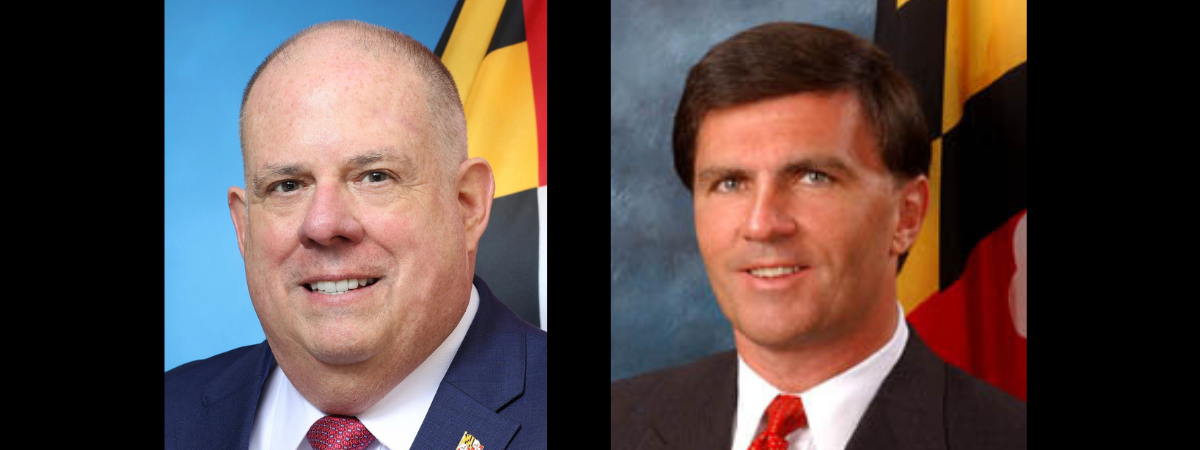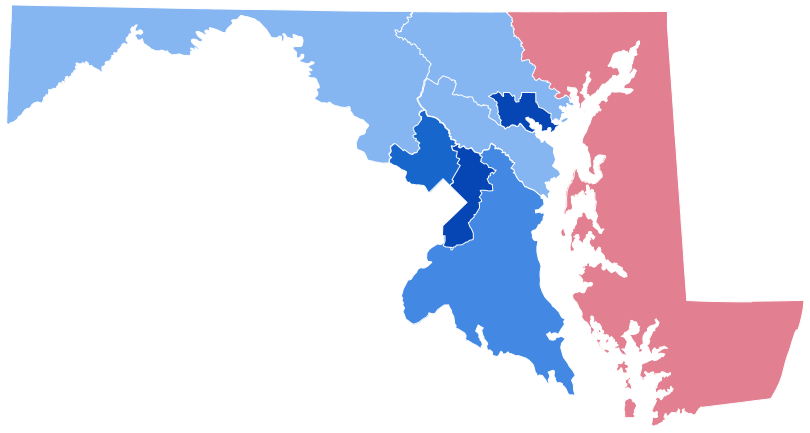A Vehicle for Community History

Staff and interns of the Chesapeake Heartland Project pose in front of the Humanities Truck, with high school interns from the
2021 Hip Hop Time Capsule summer program. All photos supplied by
the Starr Center for the study of the American Experience at Washington College
A large golden sankofa, a West African symbol depicting a bird with its head facing backward, is painted on the side of the truck. The sankofa is both the logo and philosophy of Chesapeake Heartland — you can’t move forward without looking back. Chesapeake Heartland is a collaboration between Washington College’s Starr Center for the Study of the American Experience, the Smithsonian National Museum of African American History and Culture, and various local organizations, including Sumner Hall, Kent Cultural Alliance, and Kent County Public Library. The project uses historical interpretation to foster cross-generational conversations, support local, Black-led organizations, and offer educational and employment opportunities to local youths.
What makes the project unique compared to other community outreach history projects is an emphasis on collaboration with the local community. Rather than teaching community members their own history, Chesapeake Heartland gives them the tools to interpret that history themselves. The project has hired two community historians and awards community curation fellowships. As project director Pat Nugent puts it, “the truck is part of Chesapeake Heartland’s commitment to meet community members on their own ground.” By meeting community members where they are, the project looks to incorporate the perspectives of those often overlooked — or willfully ignored — by traditional academic outlets.
Beyond the public-facing events, the truck has also been deployed as a space for the digitization of historical materials, such as yearbooks and family albums. The truck can be filled with scanners or other digitization equipment to digitally preserve items the community feels are important to their history. These items are not donated to the project, but shared. Families get to keep their treasures and receive digital copies. Chesapeake Heartland then adds these materials to the digital archive on the project’s website. The digital archive is a space for community members to identify people, places, and events, allowing the stories that the community wants to tell to come to the surface. These are often stories of success, joy, and love — stories that are indeed worth celebrating.

Visitors enjoy the exhibits of Chesapeake Heartland’s African American Humanities Truck at the
2021 Juneteenth celebration in Chestertown.
Perhaps the biggest impact of the truck is its ability to shift our perspective on African American history. Rosemary Onyema, a Washington College student currently interning with the project, says, "The truth of the matter is, that when we think of African American history, we tend to think about the negatives. But I believe our humanities truck shines light to the positives, to the things that made people smile in the past. I also love seeing the smiles on people's faces as they reconnect with history through the truck."
Dr. Kacey Stewart is the assistant director for programs and experiential learning at Washington College’s Starr Center for the Study for the American Experience. Kacey serves as Starr Center’s chief public events manager and also supervises experiential learning opportunities for students, designing and implementing out-of-classroom learning opportunities, including on-site and off-site internships, exploratory trips, and research projects. He lives in Chestertown with his wife Hannah and new puppy Scout.
Common Sense for the Eastern Shore









